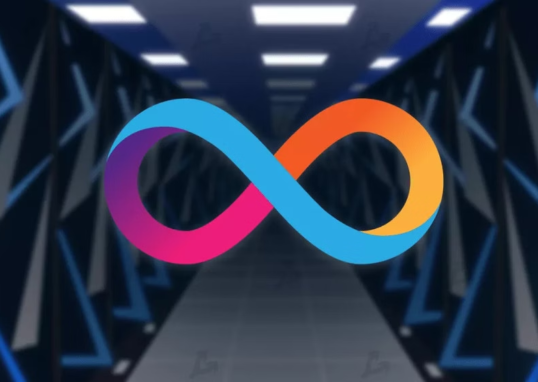

ISLAMABAD: Prime Minister Shehbaz Sharif has announced that upcoming disbursements under the Benazir Income Support Programme (BISP) will be made through digital wallets, marking a major step in Pakistan’s transition toward a cashless economy.
The move aims to promote financial inclusion, transparency, and convenience for millions of beneficiaries, while also aligning with the government’s broader vision of a digitally empowered Pakistan.
Pakistan accelerating shift to digital payments
Chairing a high-level meeting in Islamabad on Monday, Prime Minister Shehbaz said Pakistan’s ongoing shift toward a cashless economy would “play a vital role in achieving sustainable economic growth and curbing financial inefficiencies.”
He emphasized that the government had prioritized digital transformation since day one, and the results of that commitment were now becoming visible through new initiatives, including digital payment integration and fintech expansion.
“The world is rapidly moving toward digital economies,” the Prime Minister stated. “Pakistan must not only keep pace with global developments but also lead in innovative and inclusive financial solutions.”
The meeting reviewed progress on several key projects under the National Digital Payment Roadmap, with a focus on integrating BISP payments into the country’s digital ecosystem.
BISP digital wallet rollout
Under the new system, BISP beneficiaries will receive their stipends directly into secure digital wallets accessible through mobile phones. This change will replace traditional cash handouts, reducing leakages, ensuring timely payments, and empowering women through easier financial access.
Officials briefed the Prime Minister that the State Bank of Pakistan (SBP), NADRA, and Ministry of IT and Telecommunication are jointly developing the wallet infrastructure, ensuring full compliance with cybersecurity standards and biometric verification protocols.
Digital wallets will allow recipients to withdraw funds, make online payments, and even save small amounts for future needs — a move experts believe could help drive Pakistan’s financial inclusion rate beyond 30% in the next two years.
Transparency and efficiency at the core
Highlighting the benefits of the initiative, PM Shehbaz said the digital disbursement mechanism would not only eliminate middlemen but also enhance transparency in welfare payments and improve data accuracy across social programs.
“The Benazir Income Support Programme has been a cornerstone of Pakistan’s social safety net,” he added. “By digitizing its payment system, we are ensuring that every rupee reaches the rightful recipient — efficiently, transparently, and with dignity.”
Economic experts view this development as a milestone toward Pakistan’s digital financial inclusion goals, aligning with similar global models where governments have integrated social welfare with fintech solutions.
The Prime Minister directed relevant ministries to finalize the digital wallet system by early 2026, ensuring full functionality and training for beneficiaries before rollout.






